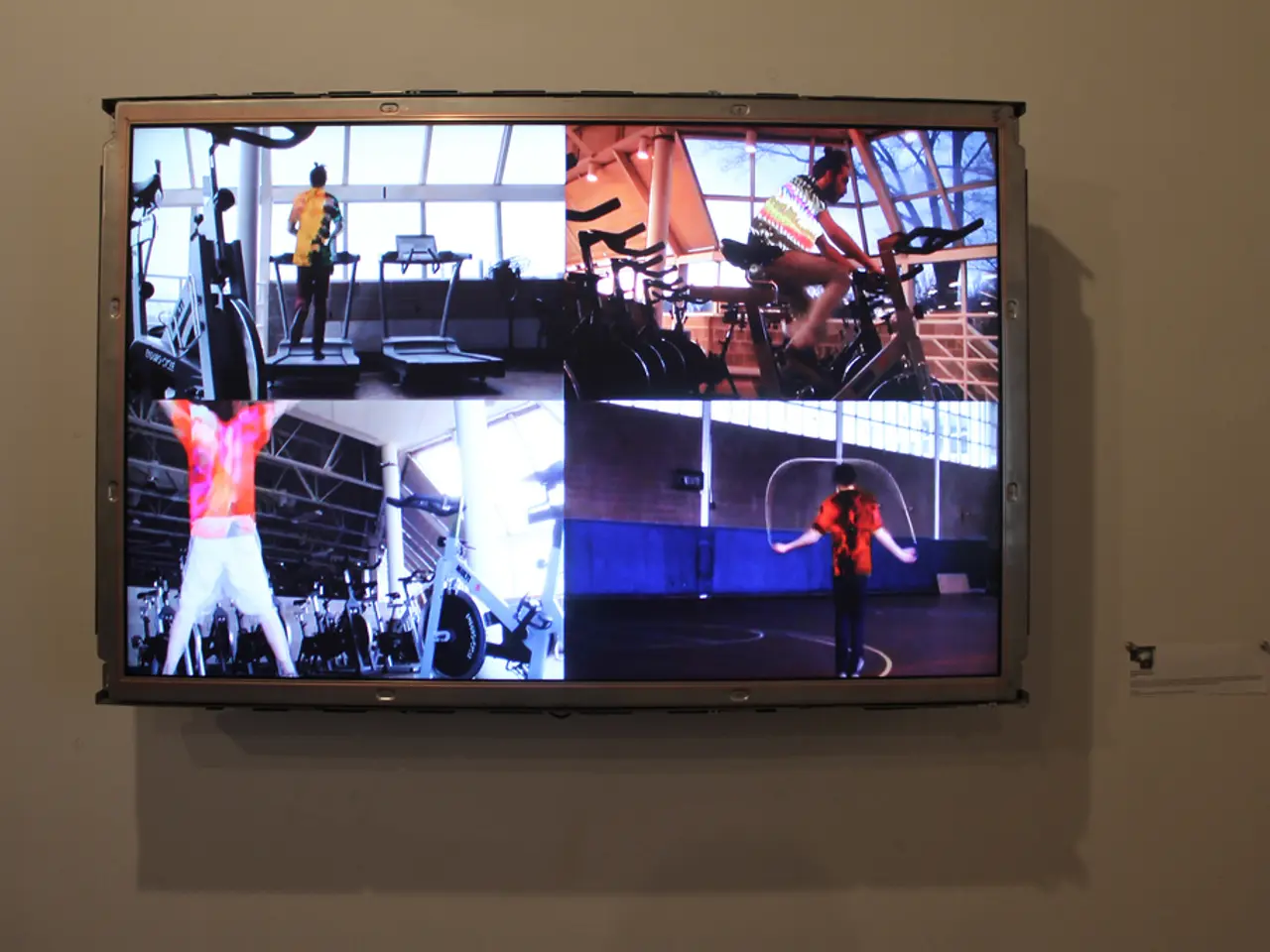Experts suggest blending mental stimulation from brain games with physical activity might hold the key to promoting good aging - here's a guide on how you can give it a try yourself.
A groundbreaking study published in Psychology of Sport and Exercise has found that combining brain endurance training (BET) with short bouts of exercise in older adults leads to synergistic benefits, producing greater improvements in cognitive function and physical performance than exercise alone.
The research, led by Professor Chris Ring, involved 24 healthy sedentary women aged 65-78, who were assigned to one of three groups: BET, exercise training only, and a control group. The participants underwent an 8-week study, during which they completed exercise sessions consisting of 3 45-minute sessions per week, with 20 minutes of resistance exercise and 25 minutes of endurance training.
The BET group, in addition to their exercise sessions, performed a 20-minute cognitive task before each workout. The cognitive tasks included the psychomotor vigilance test and the Stroop color-word interference test, designed to assess attention and executive function. The exercise tasks, on the other hand, involved activities such as walking, chair squats, and arm curls.
The study found that BET not only improved attention and executive function but also physical endurance and resistance exercise performance. In physical performance, the BET group improved by 29.9%, compared with 22.4% for the exercise-only group and 7.1% for the control group. Similarly, the BET group showed a 7.8% increase in cognitive performance, outperforming the exercise-only (4.5%) and control group (0.3%).
Professor Ring recommends using a battery of cognitive tasks, covering a range of executive function tasks (e.g. Stroop) and non-executive function tasks (e.g. psychomotor vigilance). Free apps like EncephalApp Stroop test app and NASA PVT+ iOS app can be used for this purpose. To keep things fresh and interesting, Ring suggests updating and changing tasks every month to improve motivation and compliance.
The Soma NPT app by Soma Technologies is another recommended tool for cognitive training, although it costs $49 a month. BET is easy to incorporate and can be practiced independently or with a trainer.
The study's findings suggest that this combined strategy represents a promising intervention to maintain or improve cognitive and physical health in aging populations. Professor Ring believes BET has potential to improve healthspan in older adults by reducing the risk of falls and accidents. Furthermore, BET, originally developed for elite athletes, has the potential to help prevent falls and accidents among older adults when fatigued.
This study is one of the first attempts to investigate the benefits of BET in older adults. As more research is conducted, the potential benefits of this combined approach are likely to become more apparent, offering a promising avenue for maintaining cognitive and physical fitness in older adults.
- Enhancing mental health and physical fitness in aging populations, the study by Professor Chris Ring's team introduces a novel approach that merges brain endurance training (BET) with cardio workouts.
- Incorporating the Soma NPT app for cognitive training, along with BET and exercise sessions, could potentially improve health-and-wellness and fitness-and-exercise performance across older adults, reducing the risk of falls and accidents.
- Future research in the field of health-and-wellness and aging would greatly benefit from investigating scientific advancements in BET, as this may provide a valuable strategy for maintaining cognitive function while improving physical performance in older adults.




